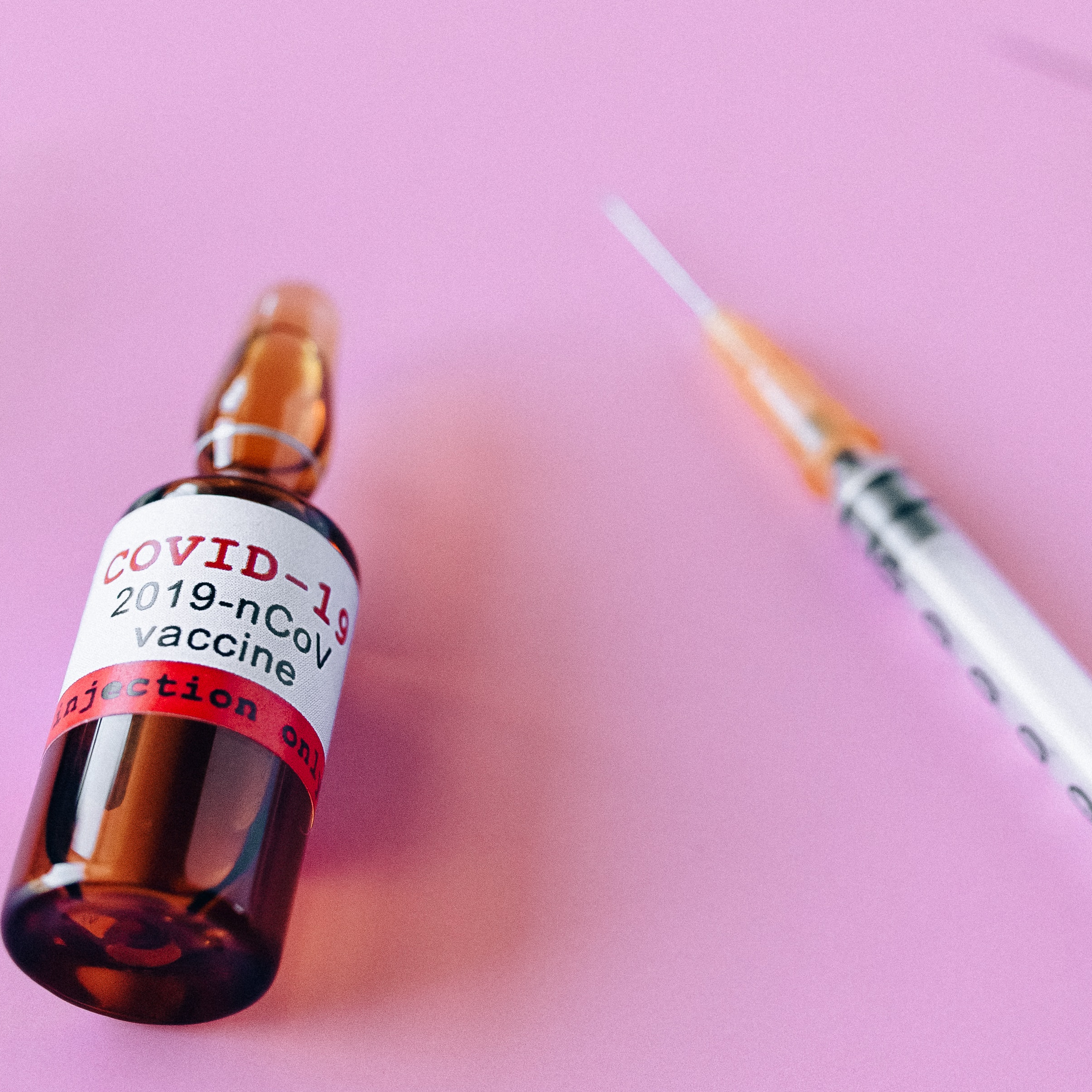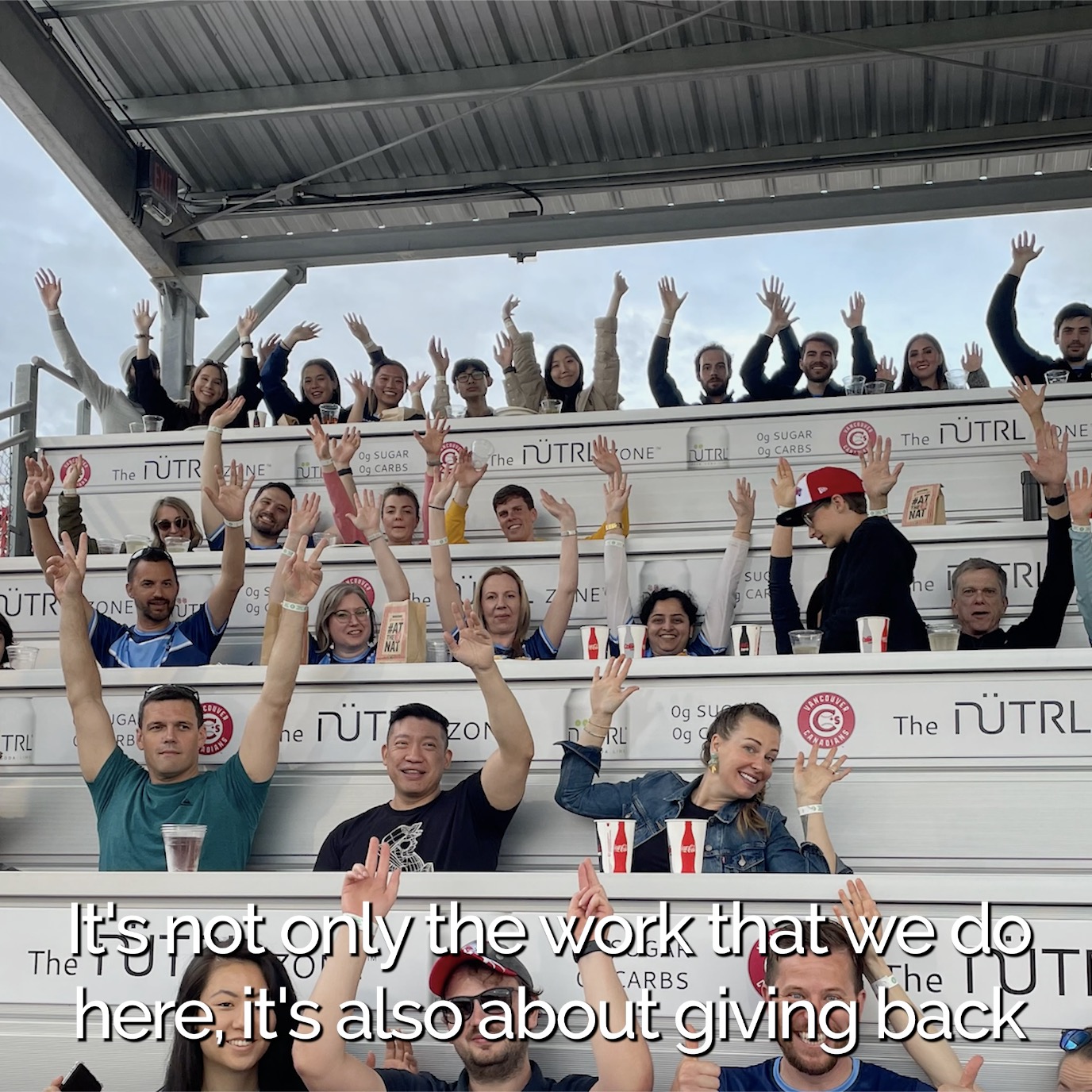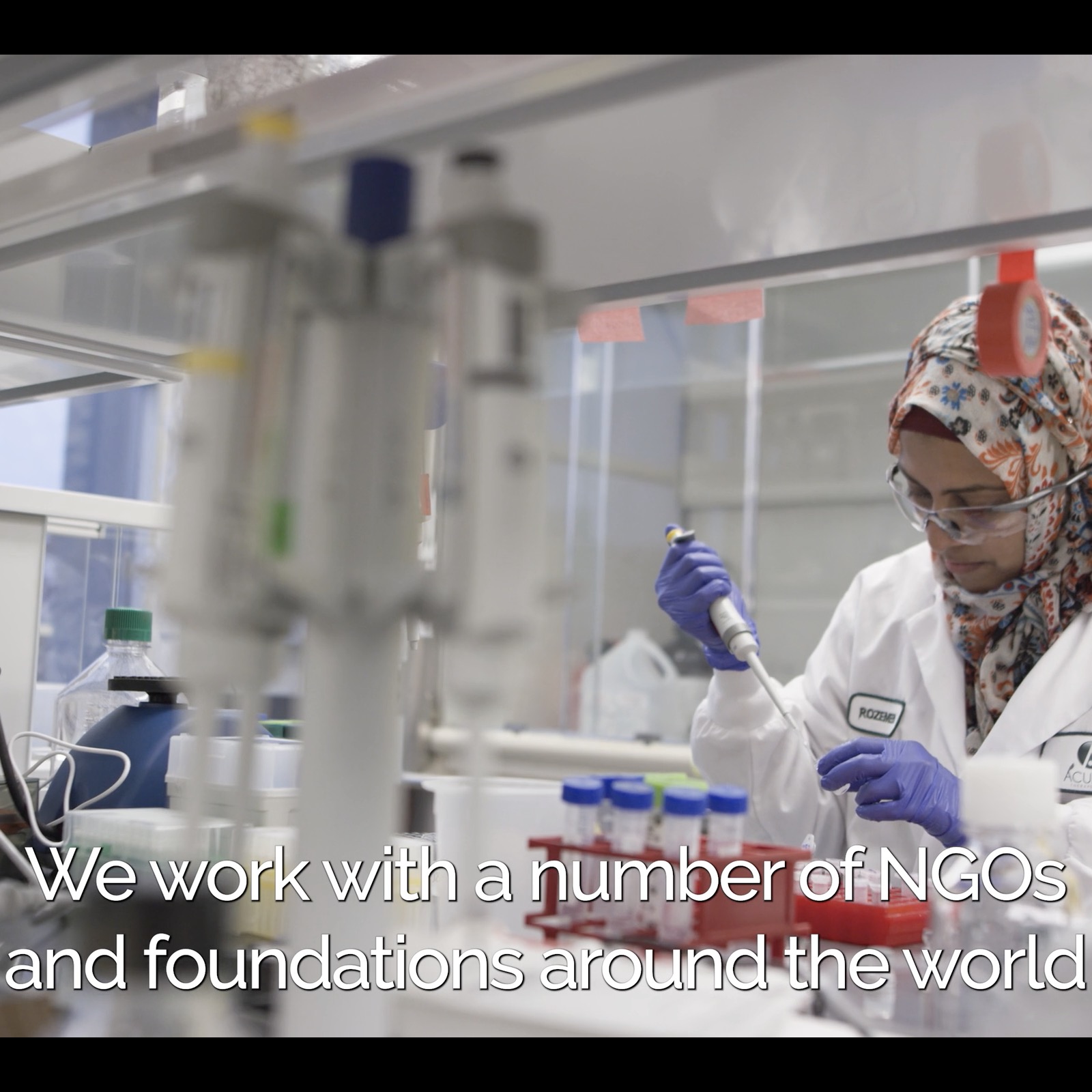
Understanding Rare Side Effects of Vaccines
There has been a lot of media coverage regarding potential side effects (blood clotting) after administration of the AstraZeneca vaccine. While Acuitas Therapeutics wasn’t a part of the development of this vaccine, we think that it is important for everyone to have a clear and fact-based understanding of the safety and efficacy of all vaccines.
We have written about the process that a vaccine undergoes in order to be approved for use – and it bears repeating. There are extensive trials that happen and the data must show that the vaccines are safe for humans. It is also important to know that sometimes people experience a reaction to the vaccine. The World Health Organization has a good (and short) video and article on side effects.
When vaccines are approved and are distributed throughout a region or a country – or, in the case of COVID-19 vaccines, the world – it is expected that there may be “adverse events.” According to the Centre for Disease Control, types of adverse events are:
True reactions to the vaccine.
These include both common, known side effects and serious reactions, like allergic reactions.
Side effect
A side effect is any health problem shown by studies to be caused by a vaccine. Like any medication, vaccines can cause side effects. Usually vaccine side effects are minor (for example, a sore arm where a shot was given or a low-grade fever after a vaccine) and go away on their own within a few days.
Unrelated health problems.
These are experiences that would have occurred even if the person had not been vaccinated. They happen after vaccination but are not caused by the vaccine.
Health problems that cannot be related directly to the vaccine.
The cause of these events is unknown, and there is not enough evidence to say whether they are caused by a vaccine.
It is important to understand that when a vaccine is administered to a large number of people – which, in the case of COVID-19 vaccines, is in the millions or hundreds of millions at this point (and this number increases every day) – health problems that have no connection to the vaccine may occur in many people. These issues would have happened without the vaccine. However, in some cases and in an abundance of caution, regulatory bodies may pause the administration of a specific vaccine to investigate the situation. This does not mean that the health problem was caused by the vaccine; it means that the regulator wants to make sure that something unexpected hasn’t occurred that is somehow related to the vaccine. Often, the pause is removed within a short timeframe, once it is identified that the health issue is unrelated to the vaccine. In some cases this investigation may identify certain individuals who are at greater risk of a rare side effect. Such individuals may then be recommended to not get vaccinated or to use an alternative vaccine.
It stands to reason that when a huge number of people are being vaccinated, there will be people who will have a similar health issue turn up that has nothing to do with the vaccine.
The BBC has a good piece on what has occurred with the AstraZeneca vaccine.
Nature.com also has a good article that speaks to what happened in Europe around the the AstraZeneca vaccine. (Most countries that paused it have since returned to administering it, with some providing it to specific age groups as they investigate further.)
Immunize BC also provides some useful information on side effects.
It is easy to find misleading or misinformed statements, news or opinions online. That is the downside of social media. The challenge of this is that creating doubt about the safety and efficacy of the vaccines will cause the pandemic to be extended and will increase the likelihood of additional coronavirus variants.
Ignoring the science and the facts is a dangerous thing to do. Distrust in the vaccines (for no factual reason) means that more people will get sick and this places continuing pressure on our health care system and health care providers – and can delay the recovery of our economy.
We want to repeat this – the safety and efficacy data of each and every COVID-19 vaccine that has been approved for emergency use had to be comprehensive. No country gives approval for a vaccine without this.
People who say they won’t get vaccinated or won’t get a certain vaccine because they read or heard something bad about it are making decisions that are based out of fear and ignorance. Medical and health care experts around the world are united in their direction to us: The best COVID-19 vaccine to get is the one that is offered to you.
Please get vaccinated as soon as you can. Keep wearing a mask, practice physical distancing, and wash your hands often. Vaccines are being distributed and administered and that is good news, but we aren’t out of the woods yet. Stay vigilant. Get vaccinated and encourage your friends and family to get vaccinated too.




